People
Faculty
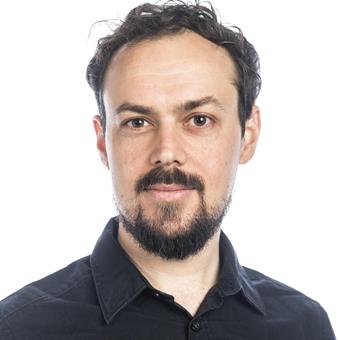
Jacob Habinek
Jacob Habinek is an associate professor at the Institute for Analytical Sociology and director of the Swedish Interdisciplinary Research School in Computational Social Science. A computational and economic sociologist by training, his interests include the sociology of markets, science, and culture. His empirical research centers on the development of scientific disciplines, the dynamics of financial markets, and the selection of Nobel Prize laureates.
Carl Nordlund
Carl Nordlund is an associate professor (docent) at the Institute for Analytical Sociology at Linköping University. Obtaining a PhD in human ecology from Lund University in 2010, this was followed by fellowships in Budapest, Florence, and Lund, before starting at IAS in 2018. His substantive interests is in inter-ethnic family formation and labor market structures, economic globalization, as well as the development of network-analytical methods, particularly deterministic blockmodeling methods.
Hendrik Erz
Hendrik Erz is a PhD student at the Institute for Analytical Sociology. With a background in history, political science, and sociology, he specializes in the policymaking process in the U.S. Congress. Methodologically, he focuses on the use of large language models (LLMs) for text analysis. He is also interested in the ethics and political implications of artificial intelligence more broadly.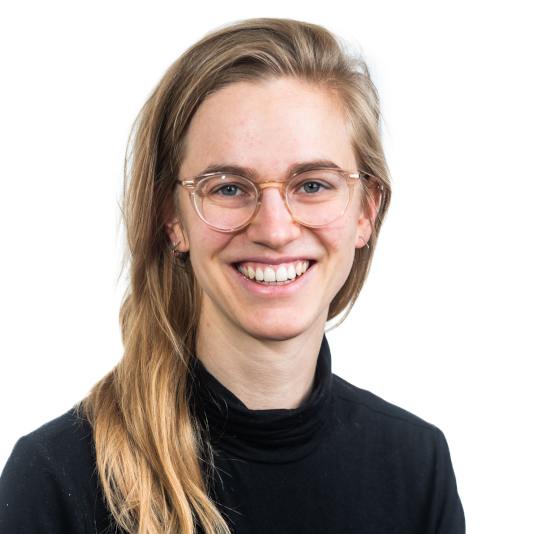
Alexandra Rottenkolber
Alexandra is a PhD Student in Analytical Sociology at the Institute for Analytical Sociology, Linköping University, Sweden. In her past work, she has used a variety of methodological approaches — ranging from natural language processing to network analysis — to study attention dynamics in parliaments, the digital development of nations, as well as gender segregation in the STEM disciplines. In her PhD, she plans to extend and build on this existing work.
Maël Lecoursonnais
Maël Lecoursonnais is a PhD student at the Institute for Analytical Sociology. His research interests span spatial inequalities, causal inference, and applied machine learning. His current project investigates the consequences of spatial inequalities on life-course outcomes such as education or income, using causally-oriented methods and/or machine learning algorithms.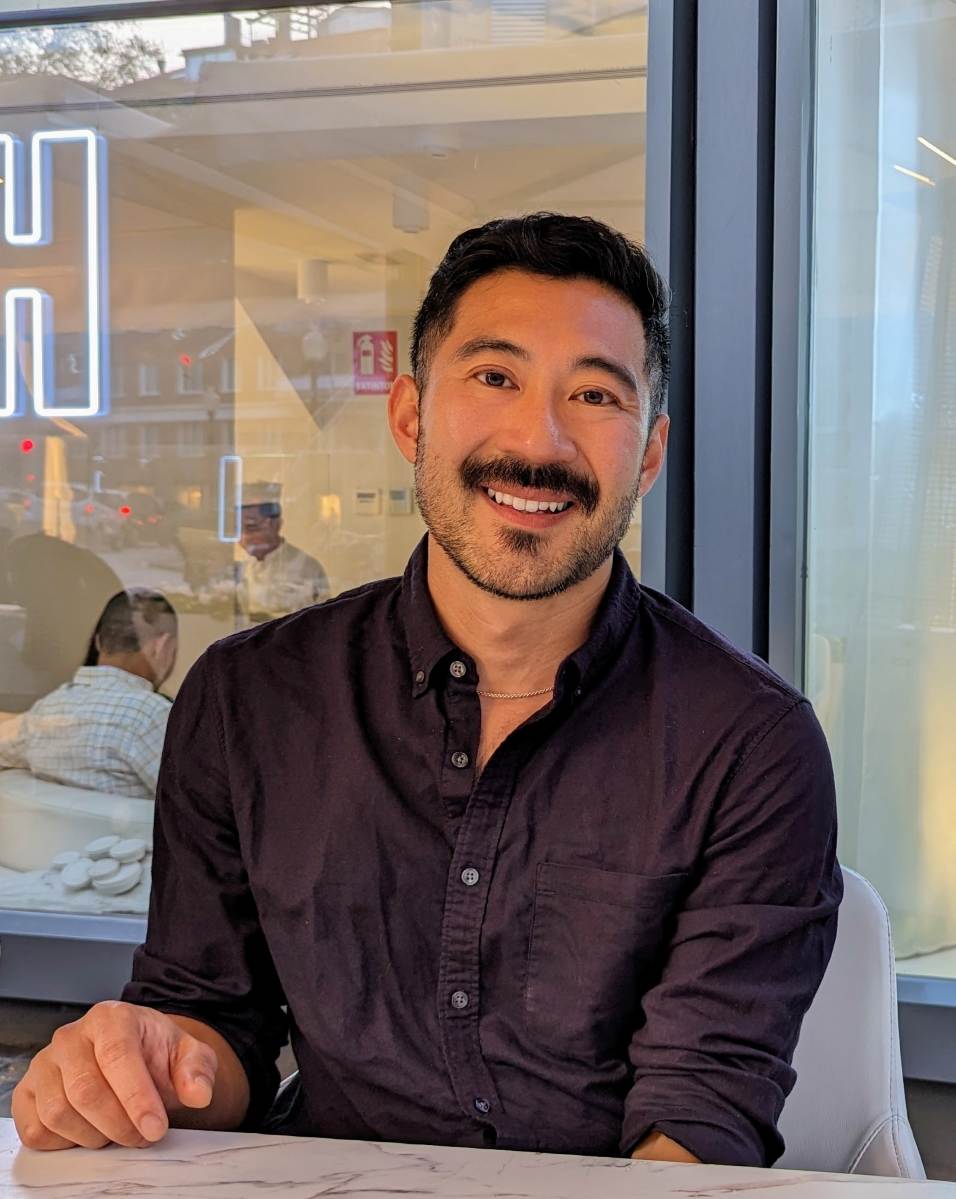
Kazuki Sakamoto
Kaz is a PhD Student in Analytical Sociology at the Institute for Analytical Sociology, Linköping University, Sweden. Previously, he studied urban planning, worked in economic development, and consulted for international development projects. His current research combines remote sensing with causal inference methods to investigate the effects of social and infrastructure programs on achieving sustainable development goals.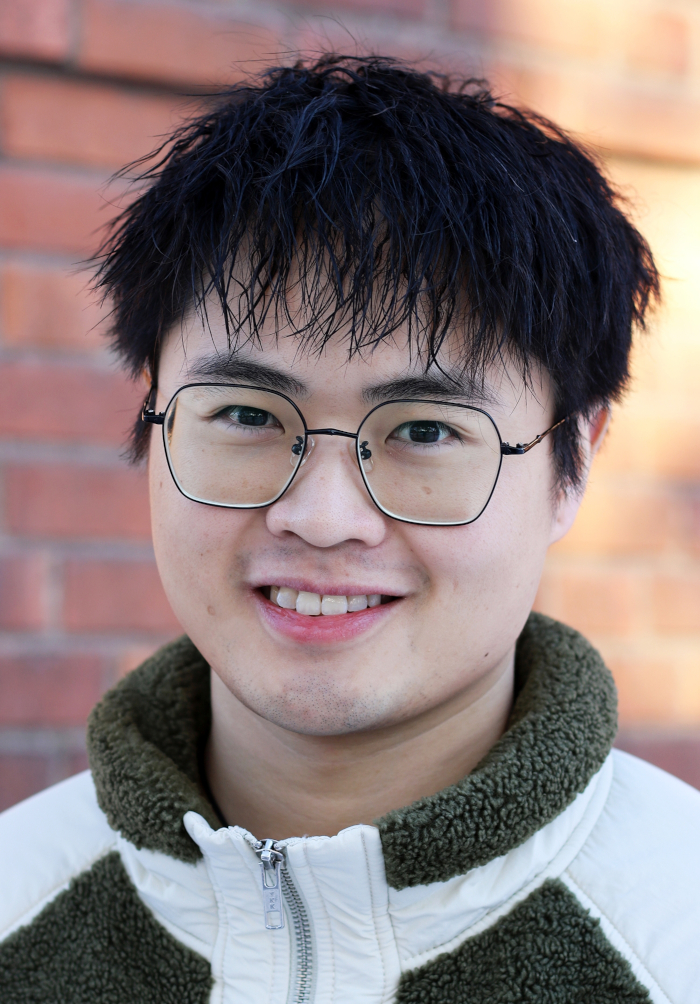
Tangbin Chen
Tangbin is a PhD student at the Institute for Analytical Sociology, Linköping University. His research focuses on the spread of health-related behaviors and health inequalities using social network analysis. He is currently working on projects examining social influence on fertility and the diffusion of nicotine use among Swedish adolescents.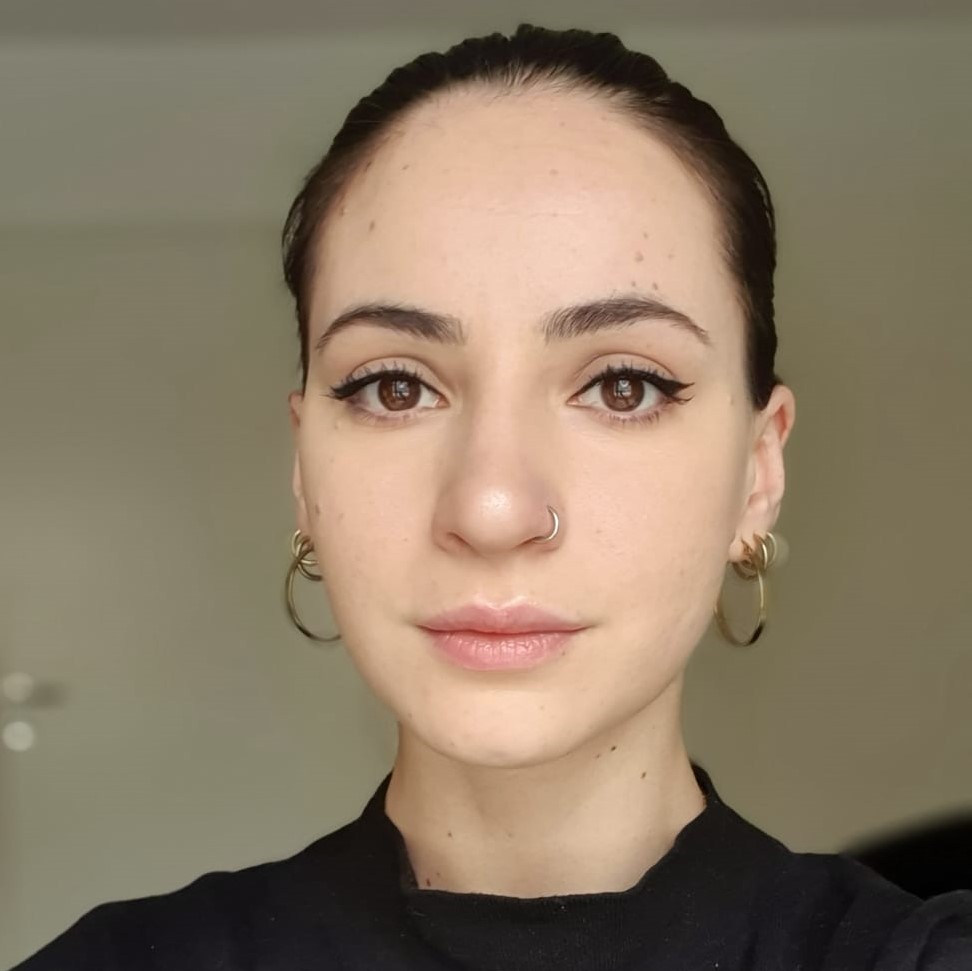
Diletta Goglia
Diletta Goglia is a doctoral student in Network Science at the Information Technology Department of Uppsala University. Her work in the "Uppsala University Information Laboratory research group" (UU-InfoLab) focuses on developing computational methods to model and explain social behavior of people in online communication. Her current project is analyzing users’ roles in conversational data from Online Social Networks, aiming at identifying, modelling and understanding actors’ behavioral patterns in online discussions, by combining structural properties of graphs with social theories. Previously, she collaborated with the “HumMingBird - Horizon 2020 EU” project, working on Machine Learning and Big Data Science to study and predict cross-border human migration using Social Big Data from Facebook. She holds a MSc in Artificial Intelligence and a BSc in Digital Humanities, from University of Pisa. Her education in Computer Science, background in humanities and expertise in sociology delineate the profile of a multidisciplinary researcher.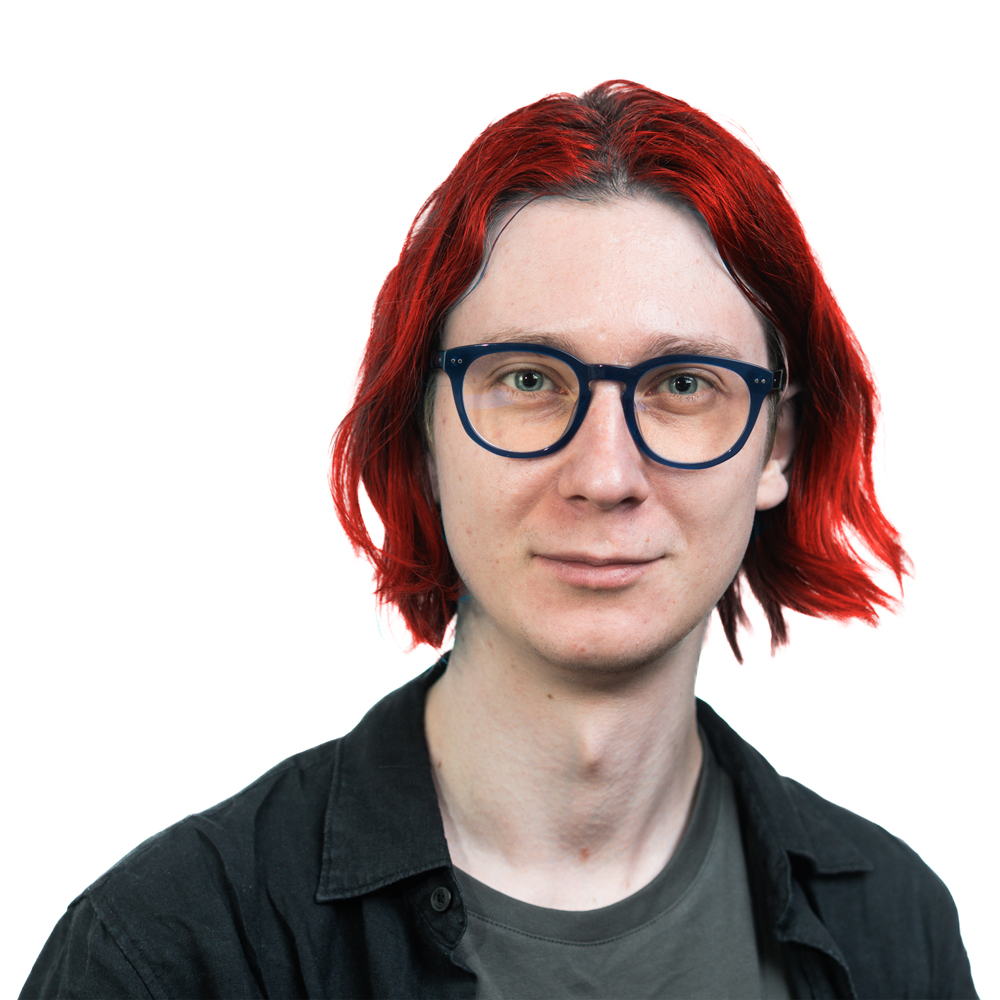
Vsevolod Suschevskiy
Vsevolod is a PhD student in Visualization and Interaction Design research group at the Department of Science and Technology. Previously, he studied the Sociology of Science, and Human-AI teams by creating virtual lab experiments. His current focus is on understanding and improving research practices to communicate segregation science more effectively.Speakers
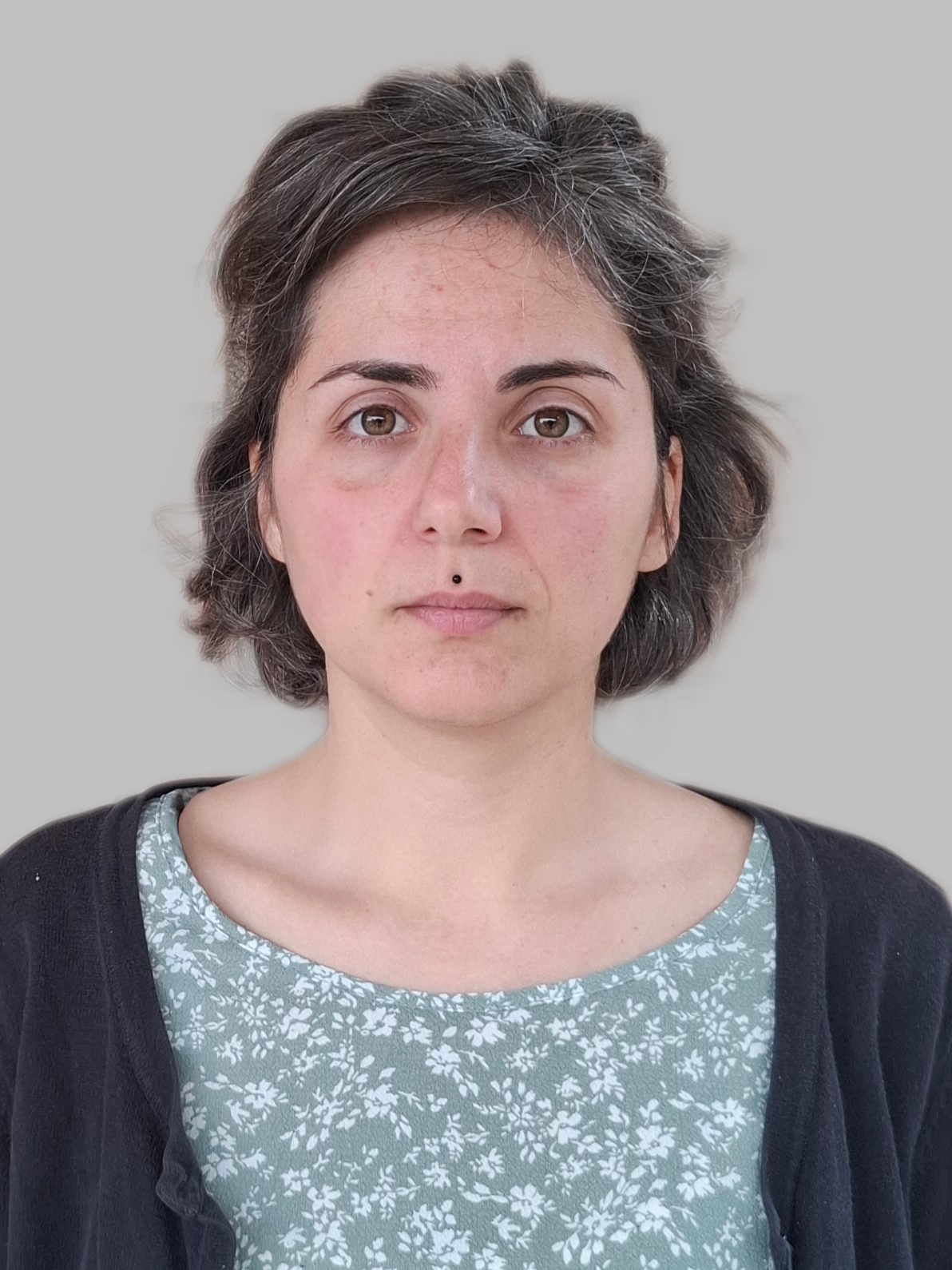
Claudia Acciai
Claudia Acciai is a post-doctoral researcher at ITU Copenhagen, where she is affiliated with NERDS, and she is currently a visiting researcher at the Copenhagen Center for Social Data Science (SODAS). Her work lies at the intersection of comparative public policy, innovation studies, and sociology of science. In her research, she combines computational and experimental methods with qualitative content analysis techniques. She has been working on quantifying institutional and country-related Matthew effects in science and on scientific misinformation. She is currently part of a research project investigating trends in the usage and prevalence of LLMs across scientific disciplines.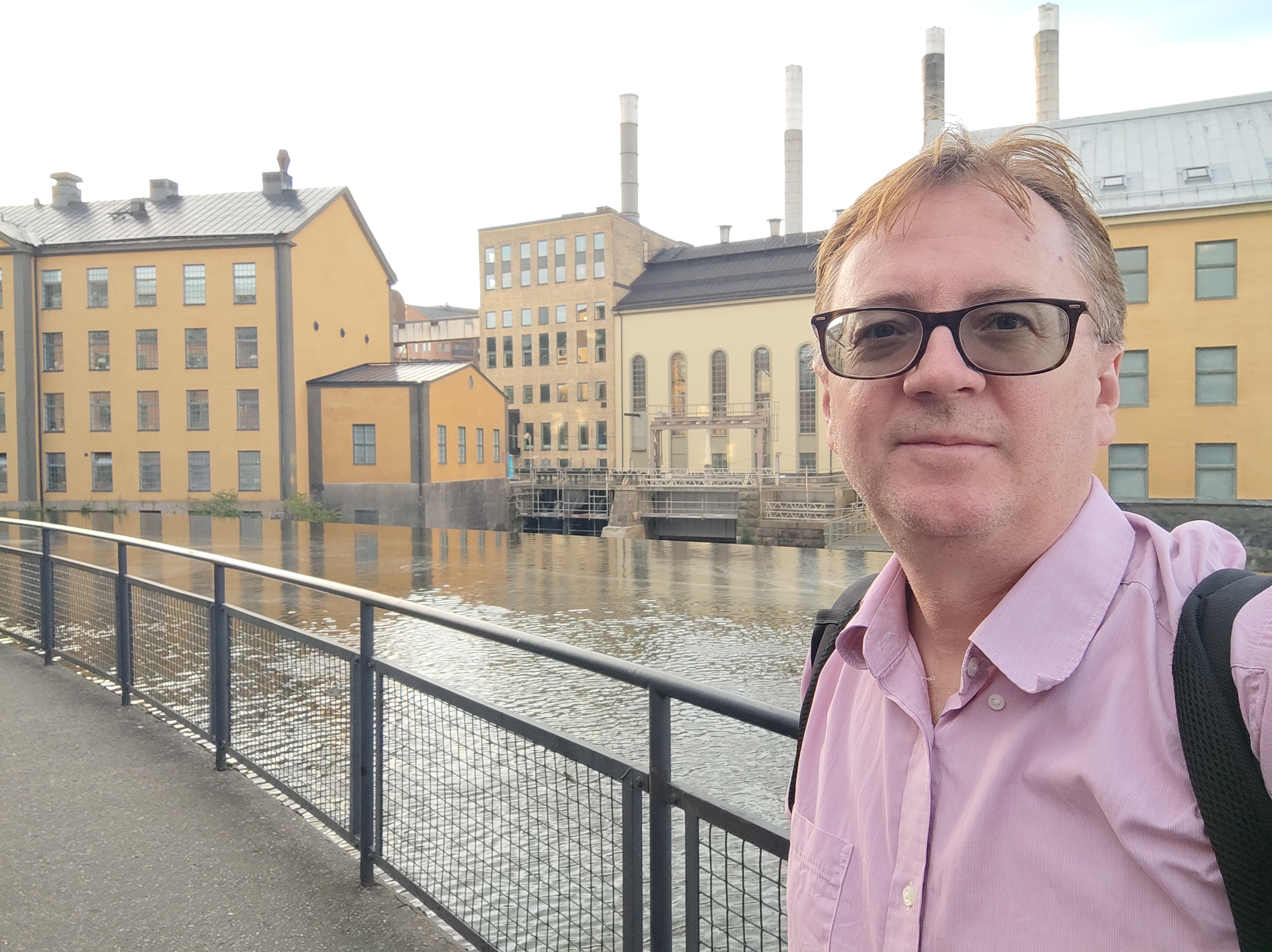
Károly Takács
Károly Takács is Professor and Deputy Director at the Institute for Analytical Sociology (IAS), Linköping University, Sweden, and Research Professor at the CSS-RECENS Research Group, HUN-REN Centre for Social Sciences in Budapest. He received his PhD from the University of Groningen / ICS (The Netherlands) in 2002. He recently completed an ERC project on gossip, reputation, and cooperation. His research interests are the theoretical, experimental, and empirical analysis of social networks in relation to problems of honest communication, social norms, cooperation, and conflict.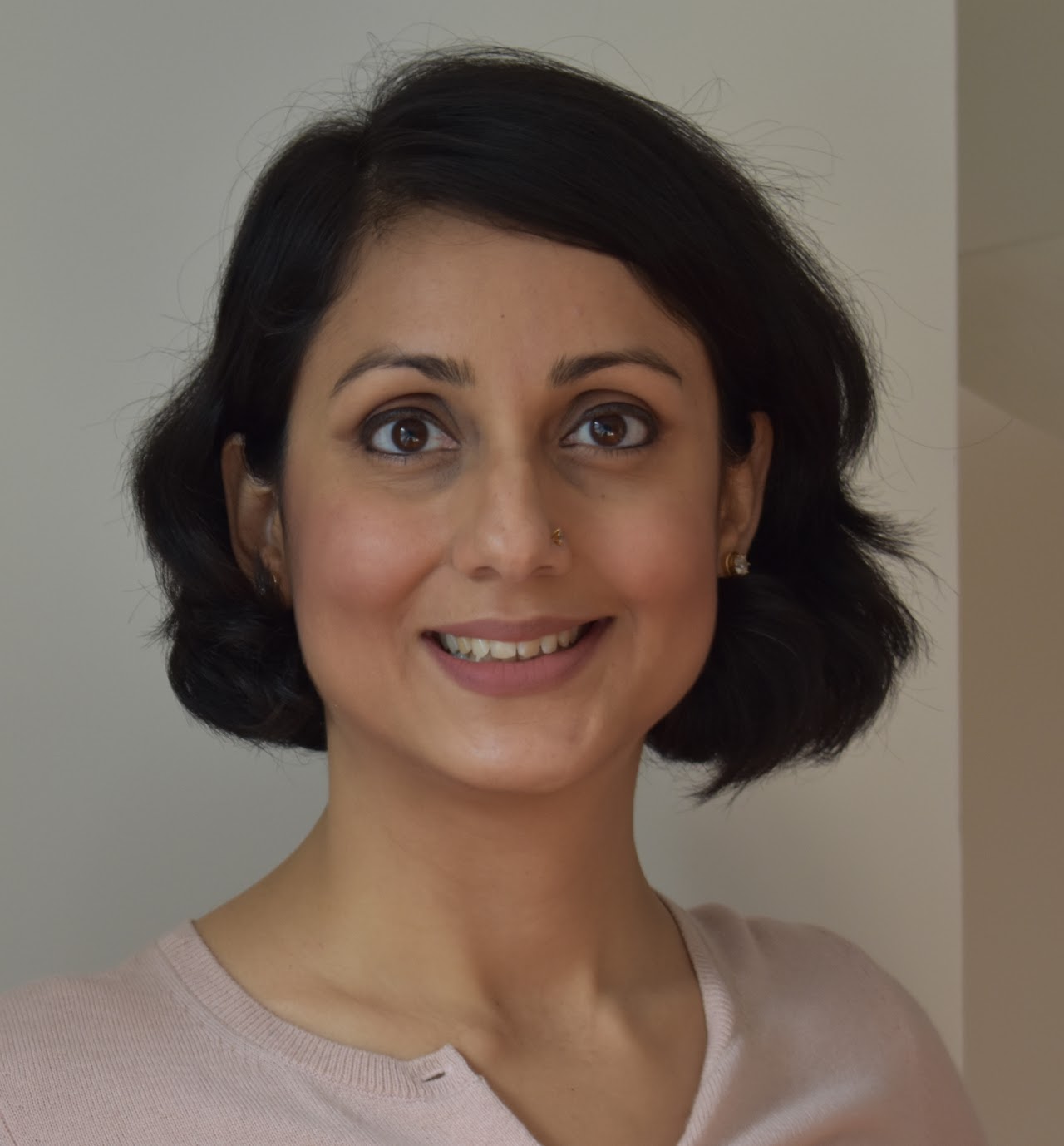
Neha Gondal
Neha Gondal is an associate professor in the department of sociology and the Faculty of Computing & Data Sciences (CDS) at Boston University. She uses mathematical and computational techniques to investigate the relationship between social networks and culture and its role in the production and maintenance of social inequalities. Dr. Gondal draws on a variety of computational techniques in her work including exponential random graph models, machine learning, multi-level regression models, and agent-based simulations. She has studied disparate contexts including moneylending in Renaissance Florence, inequalities in science and academia, public health in housing developments in Boston, and organizational diversity management.
Yuan Liao
Dr. Yuan Liao is an interdisciplinary researcher specializing in sustainable mobility and urban data science. She holds a PhD in Energy and Environment from Chalmers University of Technology in Sweden. Her research focuses on understanding urban mobility patterns and social inequality through large-scale geolocation data, spatial analytics, and transport modeling.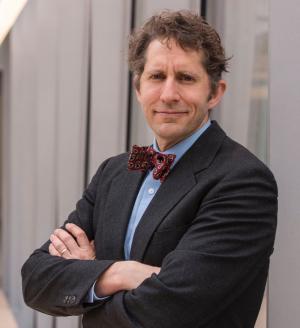
James Evans
James Evans is Director of Knowledge Lab, Professor of Sociology, Faculty Director of the Computational Social Science program, and member of the Committee on Conceptual and Historical Studies of Science at the University of Chicago. I am also an External Professor at the Santa Fe Institute. His research focuses on the collective system of thinking and knowing, ranging from the distribution of attention and intuition, the origin of ideas and shared habits of reasoning to processes of agreement (and dispute), accumulation of certainty (and doubt), and the texture–novelty, ambiguity, topology–of human understanding. He is especially interested in innovation–how new ideas and technologies emerge–and the role that social and technical institutions (e.g., the Internet, markets, collaborations) play in collective cognition and discovery. Much of his work has focused on areas of modern science and technology, but he is also interested in other domains of knowledge–news, law, religion, gossip, hunches and historical modes of thinking and knowing.Teaching Assistants
Participants

Yasmin Soni
Yasmin Soni is a doctoral scholar at the Tata Institute of Social Sciences, Mumbai and an Academic Associate with the Indian Institute of Management, Ahmedabad. Her research focuses on work meaningfulness. She utilizes photo-content analysis, photo-elicitation interviews, sentiment and tone analysis, and object detection. I am particularly interested in sentiment analysis, digital trace data gathering, text mining, and social network analysis. I am especially interested in text analysis and machine learning methods to interpret textual and visual data effectively. Previously, she has worked on music and its impact on productivity in a quasi-experimental setting.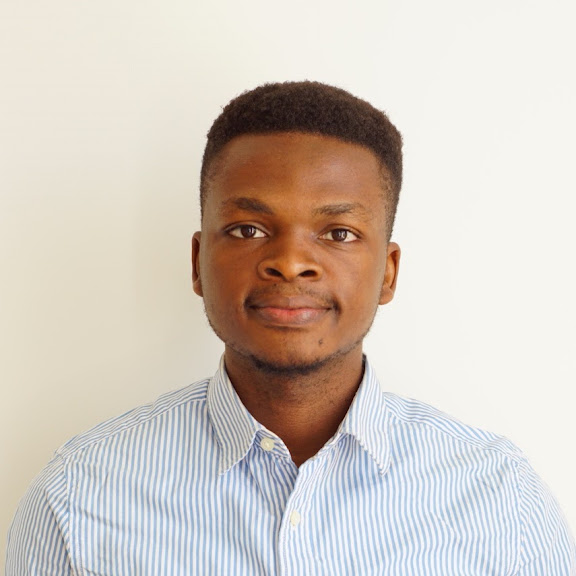
Great Uchechukwu Udochi
Great Udochi is a doctoral researcher at the Swiss National Center of Competence in Research –The Migration-Mobility Nexus (nccr-on the move), University of Neuchâtel. His doctoral research focuses on the political and economic implications of regional emigration.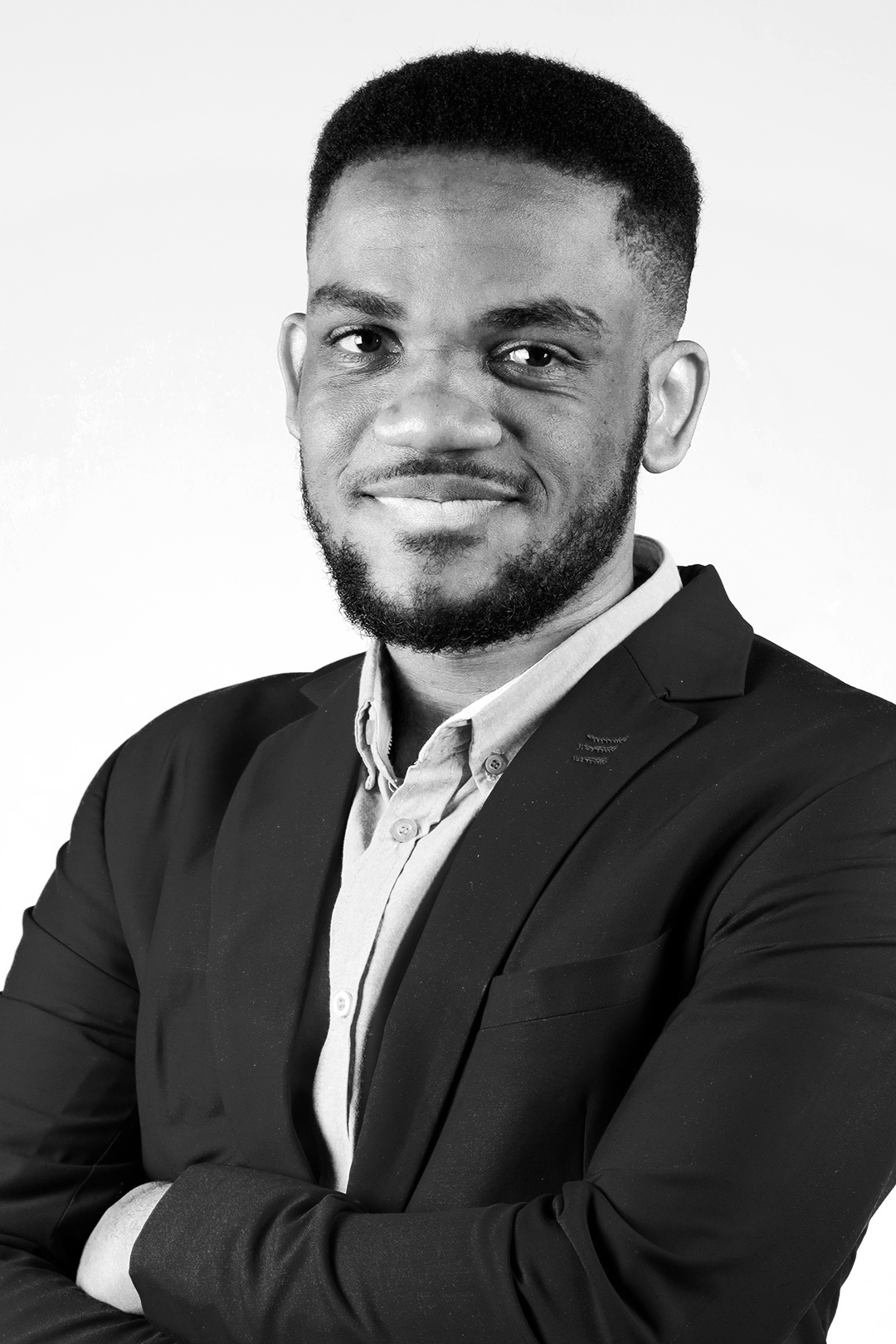
Nnaemeka Ohamadike
Nnaemeka is a PhD candidate in Applied Data Science at the University of Johannesburg, South Africa, and Senior Data Analyst at Good Governance Africa. His research uses data science to study governance, bias, and disinformation. His current research develops machine learning models for studying bias in South African news.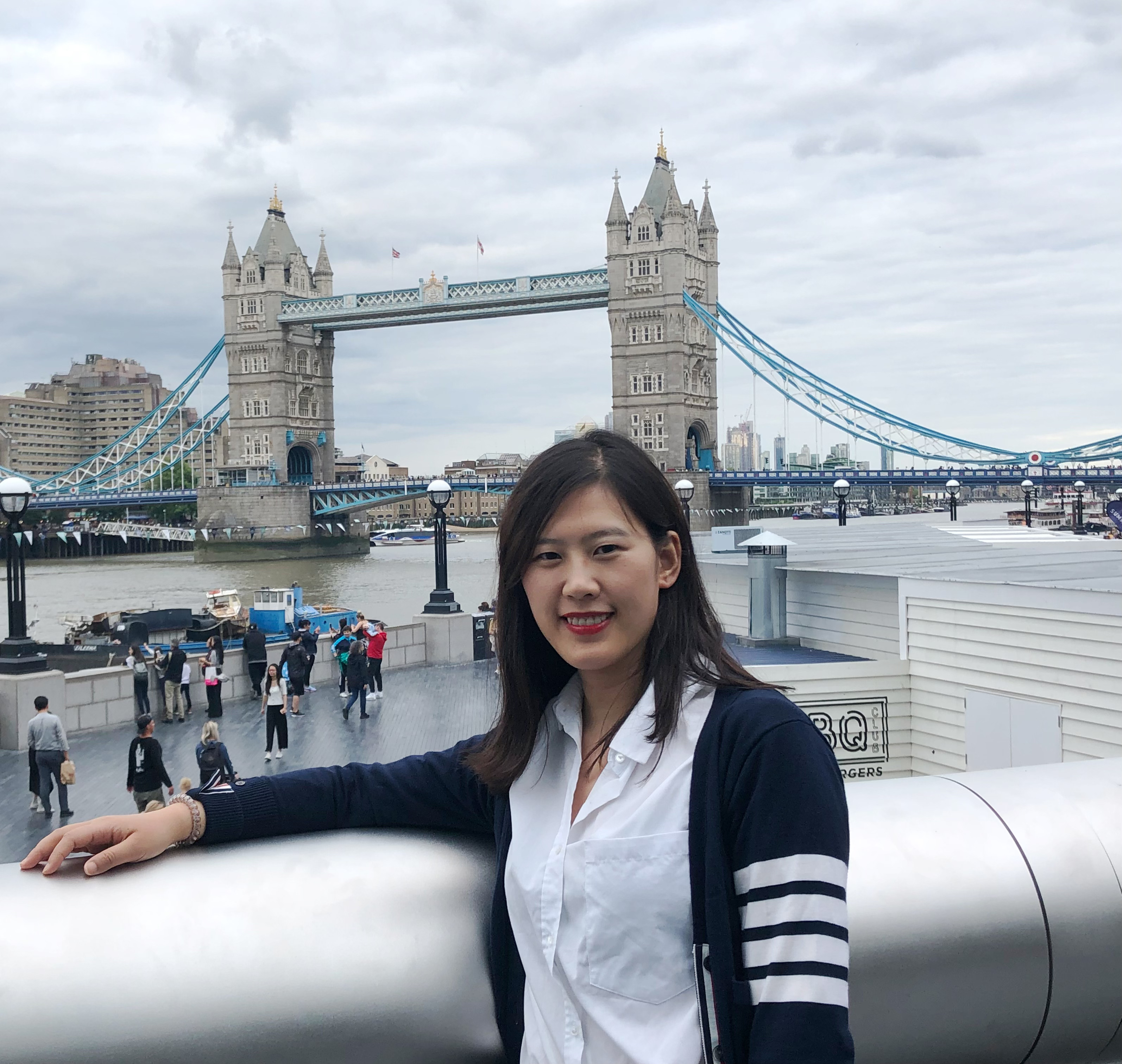
Lu Yan
Lu Yan is a Ph.D. candidate in Translation Studies at the University of Geneva. Her doctoral research offers sociological insights into the subtitling industry in China, drawing on Actor-Network Theory. Her primary research interests lie in big data in social media, network analysis, and audiovisual translation, notably subtitling.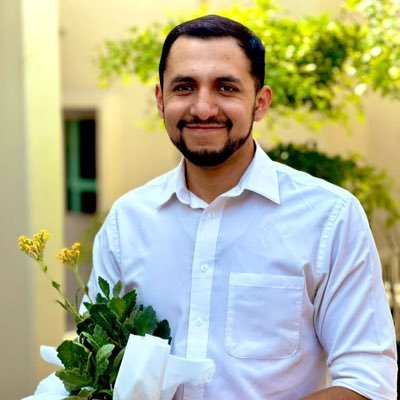
Carlos Villalobos
Carlos Villalobos is a doctoral student in the Deparment of Political Science at the University of Barcelona, he holds an MA in Political Science from de Popular Autonomous Universitiy of Puebla, México. He researches the strategical uses of social movements identities in different political contexts and its correlation with advocacy mechanisms. His current project seeks use machine learning to identify the frames of the transgender discourses.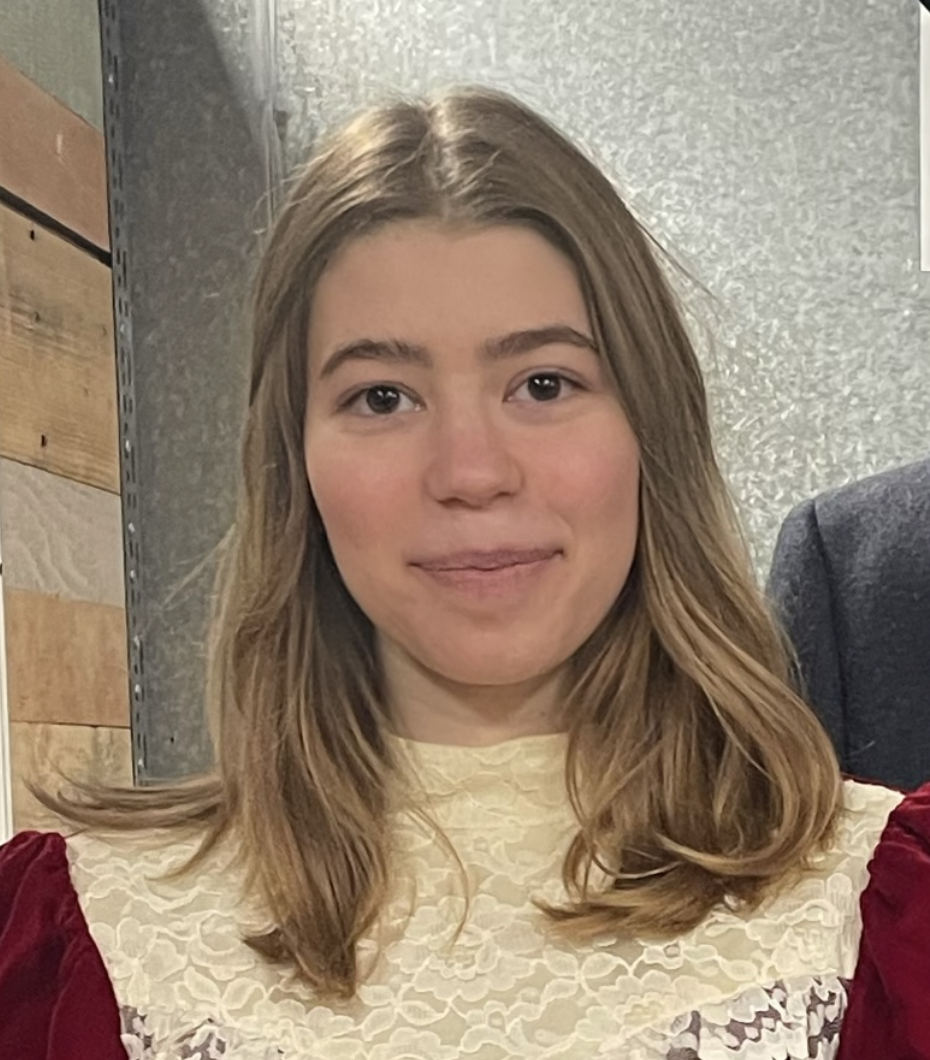
Elizabeth Kuhlman
Lizzy Kuhlman is a predoctoral fellow at The Shift Project at the Harvard Kennedy School. She holds a bachelor’s degree in sociology and statistics from Rice University and will begin her PhD in sociology at Stanford University this fall. She is broadly interested in spatial inequality and segregation.
Ting Xiao
Ting Xiao is a PhD student in Sociology at the University of Copenhagen. Her research focuses on the underlying mechanisms perpetuating North-South scientific disparities. She has research experience in spatial economics and network science. Her current work integrates large-scale metadata with a methodological toolkit spanning econometrics, machine learning, and NLP.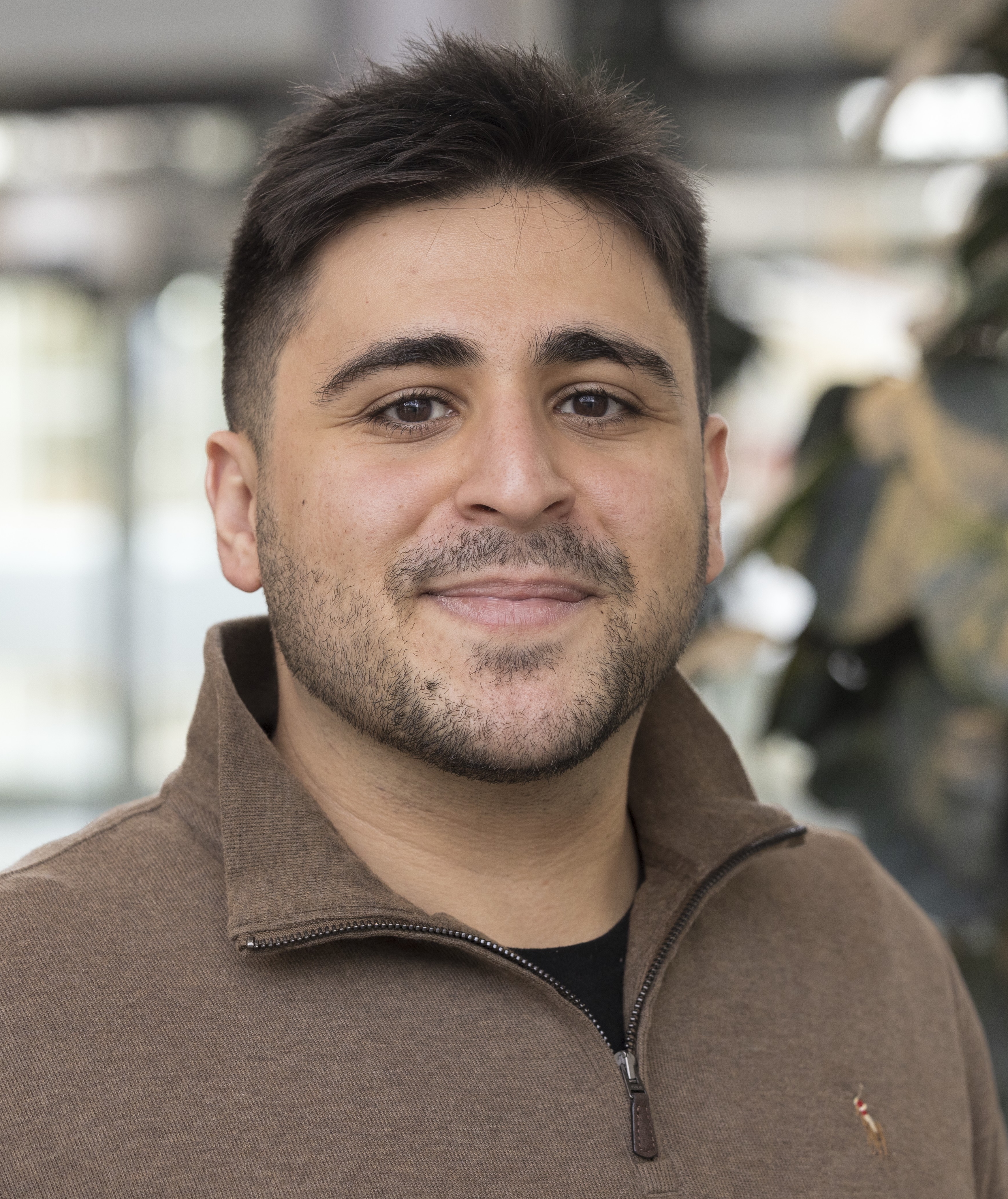
Georgios Panayiotou
Georgios is a Ph.D. candidate in Computer Science at InfoLab, Uppsala University, Sweden. His research focuses on complex network data engineering. He is particularly interested in scalable and fairness-aware methods for mining feature-rich networks, and their applications within computational social science.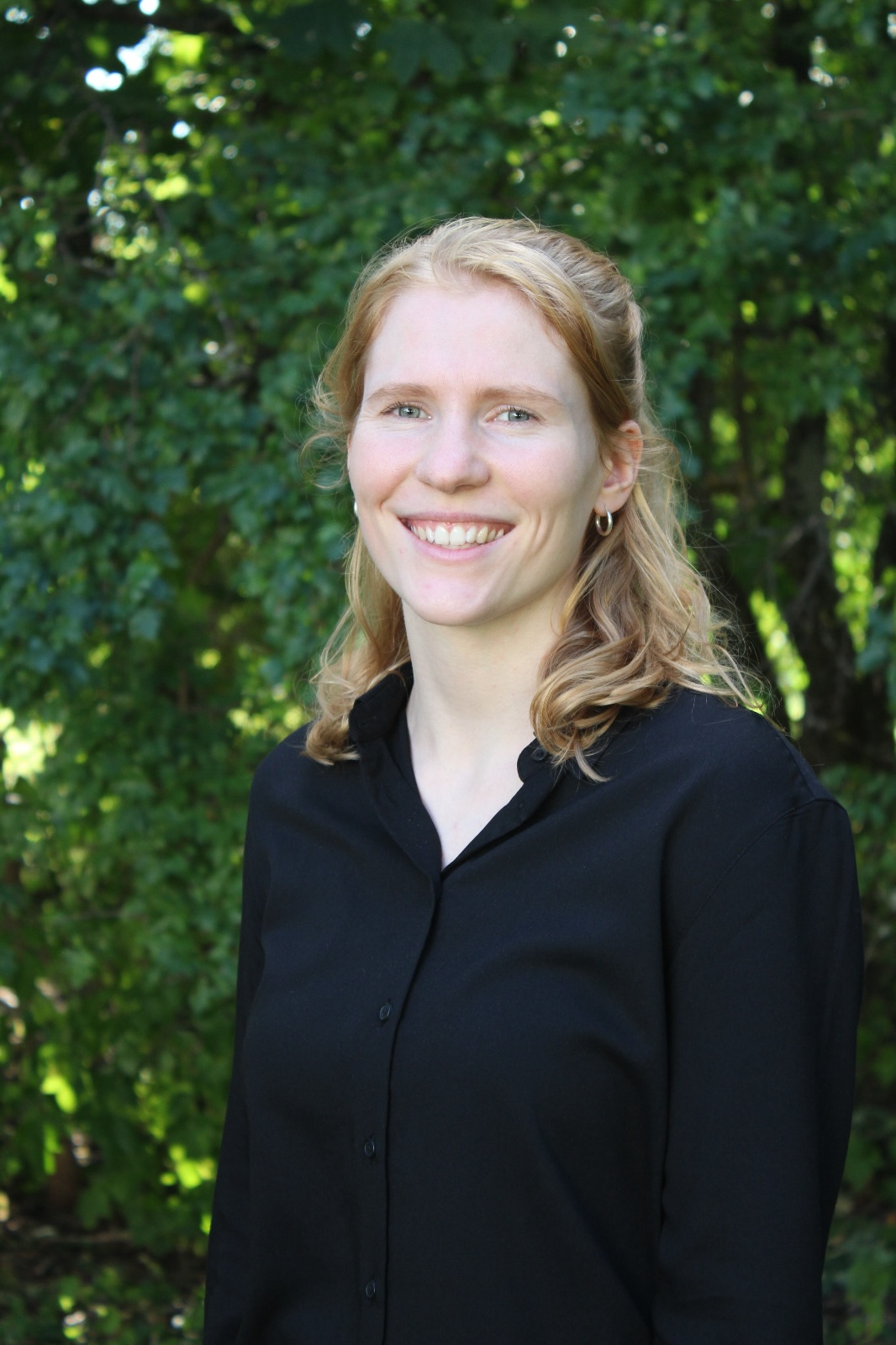
Inga Kristin Wohlert
Inga is a Ph. D. candidate at InfoLab at Uppsala University. Her research interests are interdisciplinary in the field of social cybersecurity and computational social sciences, with a particular interest in the intersection between her background in data and cognitive sciences.
Anna Katharina Joraschek
Anna Katharina Joraschek is a PhD student in Sociology at Ludwig-Maximilians Universität München. Her research focuses on applying computational methods such as quantitative text analysis to survey data and exploring ways to link survey responses with other data sources. She is part of the GLEN study, where she coordinates data user support.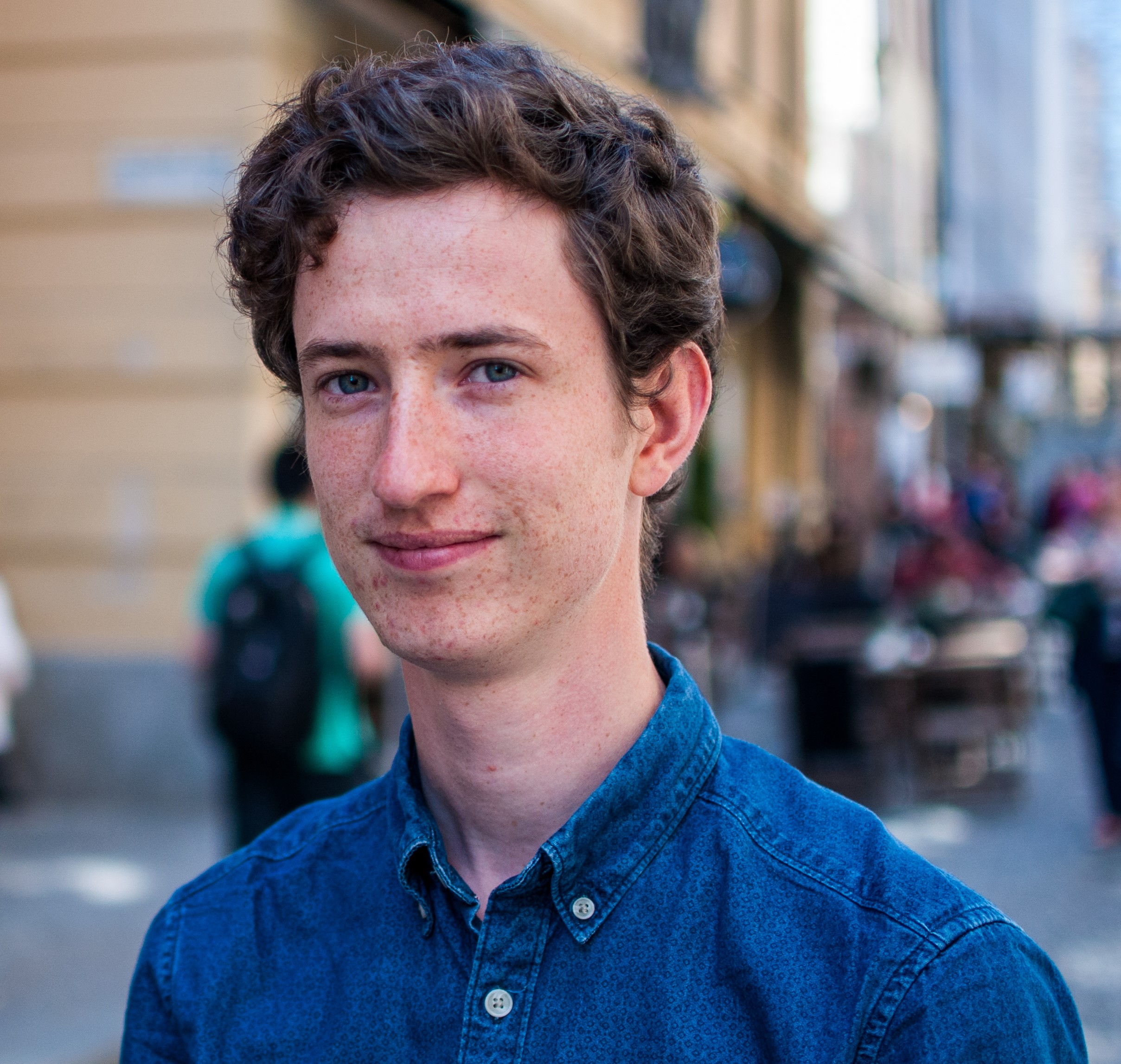
Fredrik Schück
Fredrik Schück is a PhD student at KTH and SMHI. His work explores human-water feedbacks, focusing on how institutions collaborate to reduce the impact of floods and droughts. He previously worked as a developer for the Swedish impact-based weather warning system and holds an MSc in hydrology from KTH.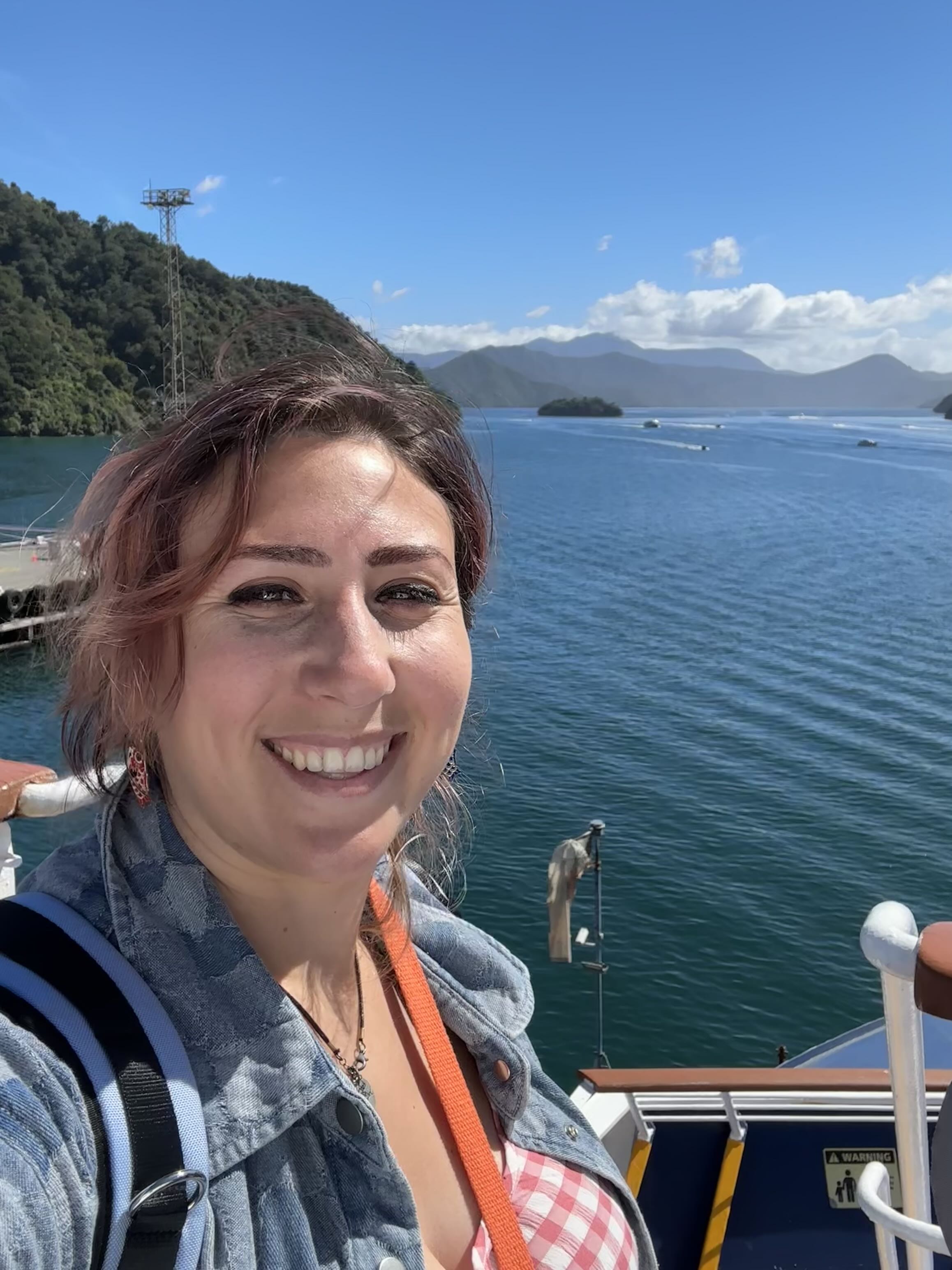
Deanna DiMonte
Deanna DiMonte is currently pursuing a PhD in Electrical Engineering at Northwestern University. Her research focuses on image processing, machine learning, computational photography, and AI ethics, with an interest in detecting manipulated media and analyzing the propagation of synthetic content.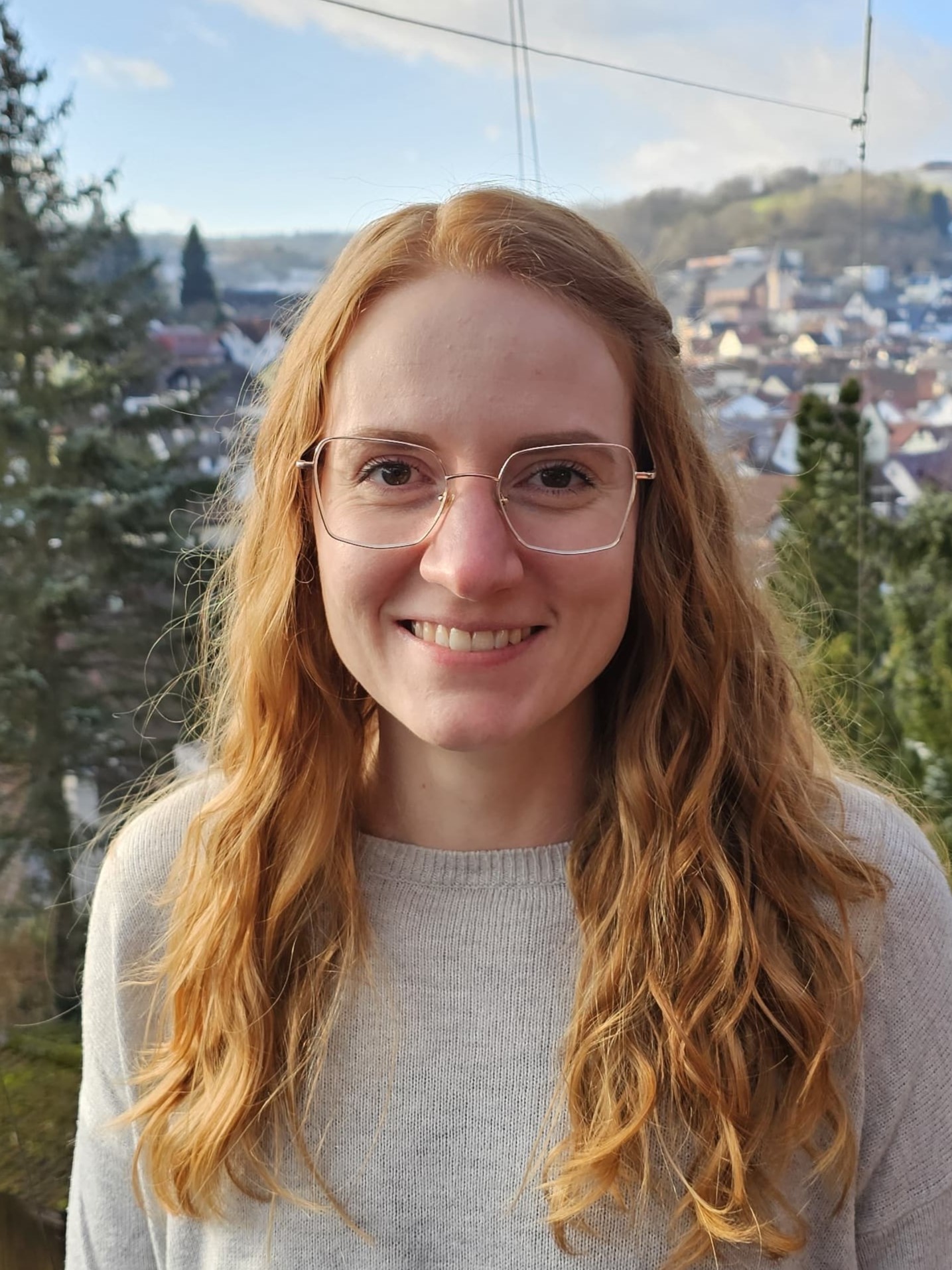
Clara Englert
Clara Englert is a PhD student in sociology at the University of Bonn. As part of the research group “Sorting Decisions and Peer Processes in Schools (SPINS)”, she explores how the composition of classrooms in German secondary schools influences peer interactions. Her current research investigates how institutional and compositional school features shape the role of gender-normative STEM interests within adolescent friendship networks.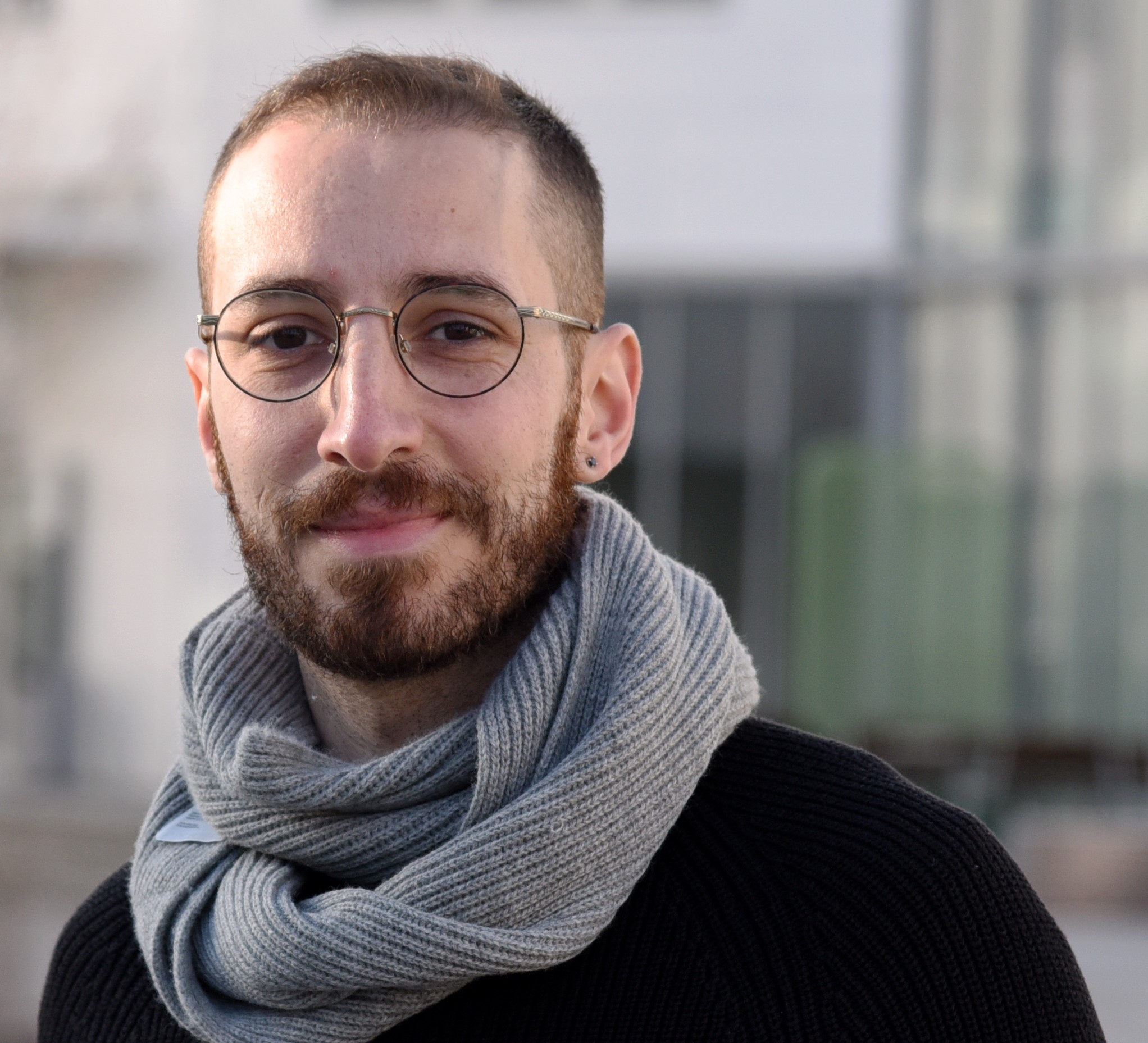
Hugo-Henrik Hachem
Hugo-Henrik Hachem is a Postdoctoral researcher at the Reasoning and Learning Lab, IDA, Linköping University. He works on the Vinnova-funded ADAPT project, which focuses on advanced digitalisation and higher education in Sweden. His research centres on the philosophies of adult learning, Lifelong learning, educational gerontology, AI literacy and emancipation.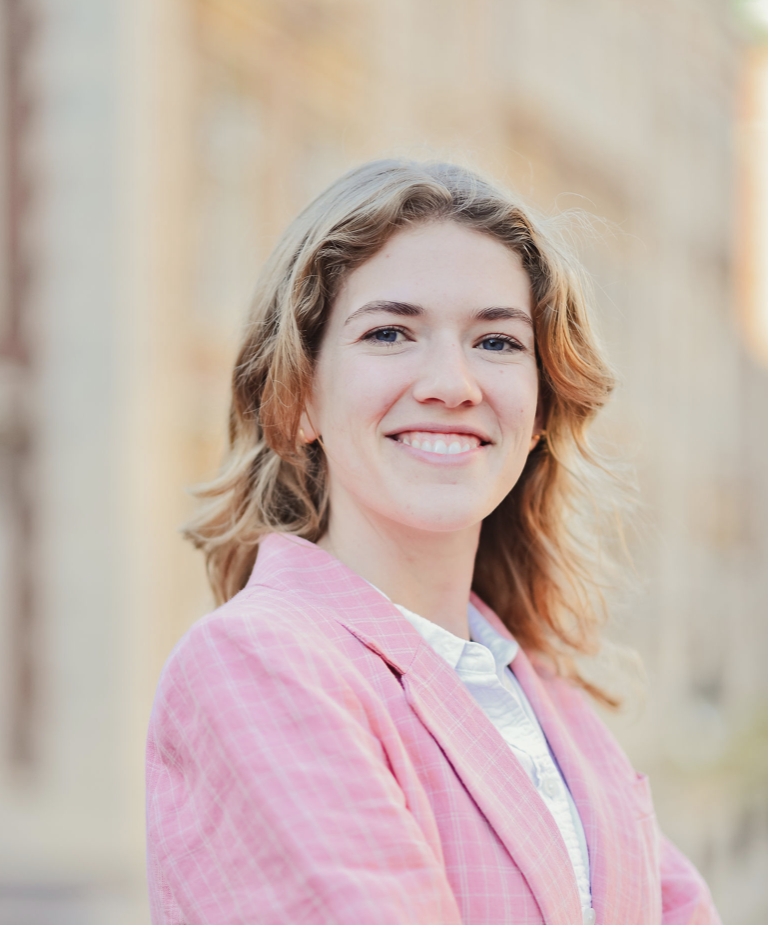
Emma Swanson
Emma Swanson is a PhD student in political science specializing in American politics at Columbia University. Her research interests include climate and energy politics, local government, and political behavior. She received a B.A. in political science and a B.S. in microbiology from UC Santa Barbara.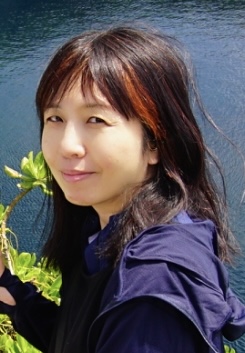
Ritsuko Iwai
Ritsuko Iwai is a research scientist at RIKEN. Motivated by cross-cultural experiences, I am interested in research about psychological traits including loneliness combining natural language processing, lab experiments, and GPS-based modeling to examine social behavior in both lab and real-world settings.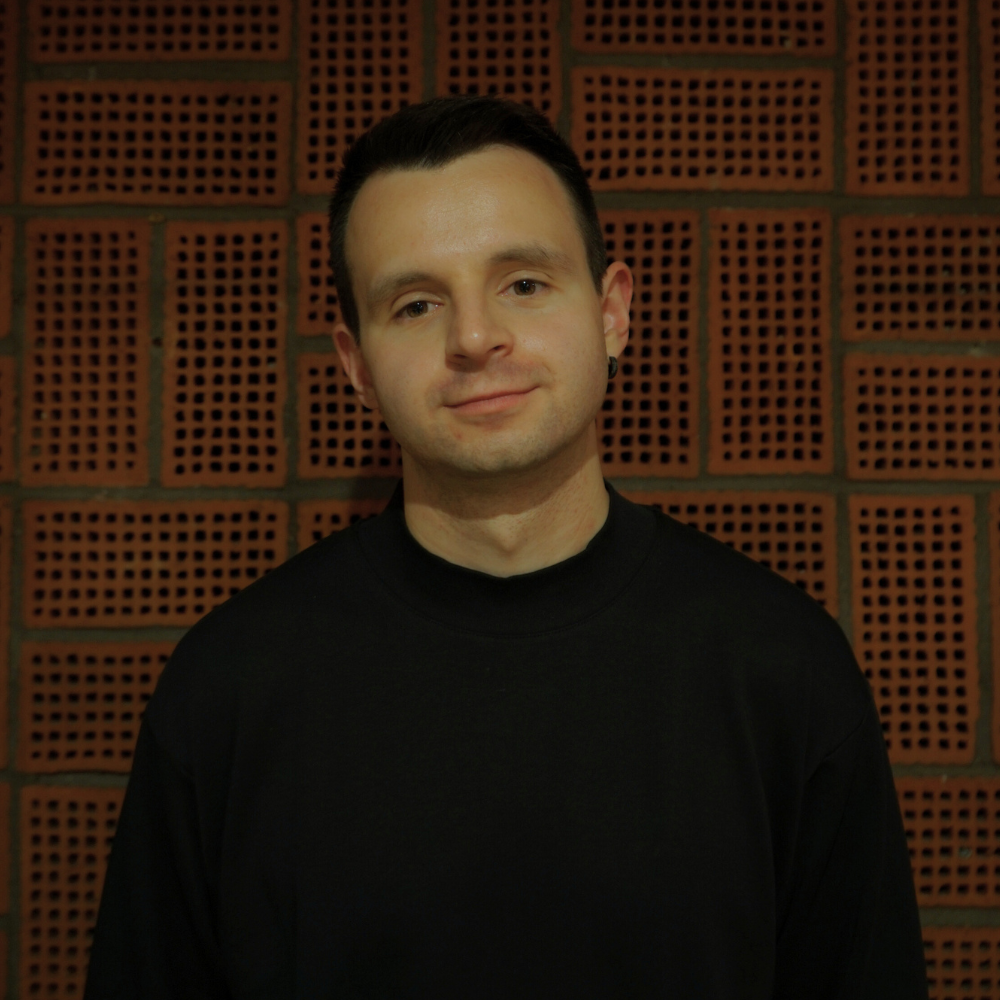
Yevhen Voronin
Yevhen Voronin is a Research Fellow and PhD student in Sociology (University of Wuppertal). Before that, he completed an M.Sc. in Sociology & Social Research (University of Cologne) and worked as a Research Associate at GESIS. His research focuses on cultural consumption, social influence in cultural markets and Ukrainian studies.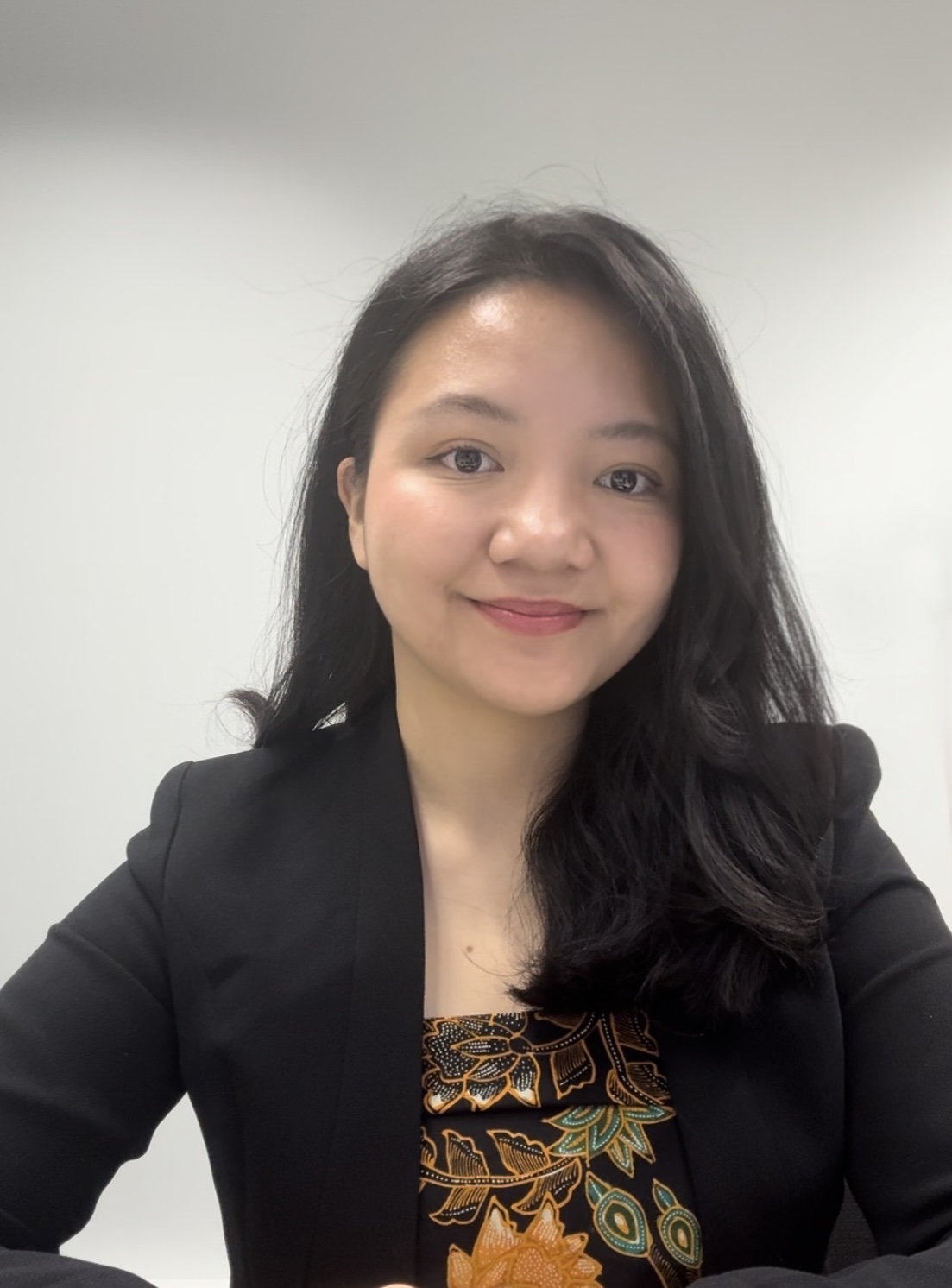
Ratna Aini Hadi
Aini is a Doctoral Researcher and member of the Disinformation, Propaganda and Soft Power Research Lab at LUT University. Her research focuses on the challenges of disinformation. She holds an MA in Digital Media and Society from Uppsala University and holds a BA in Political Science and International Studies from UC Irvine.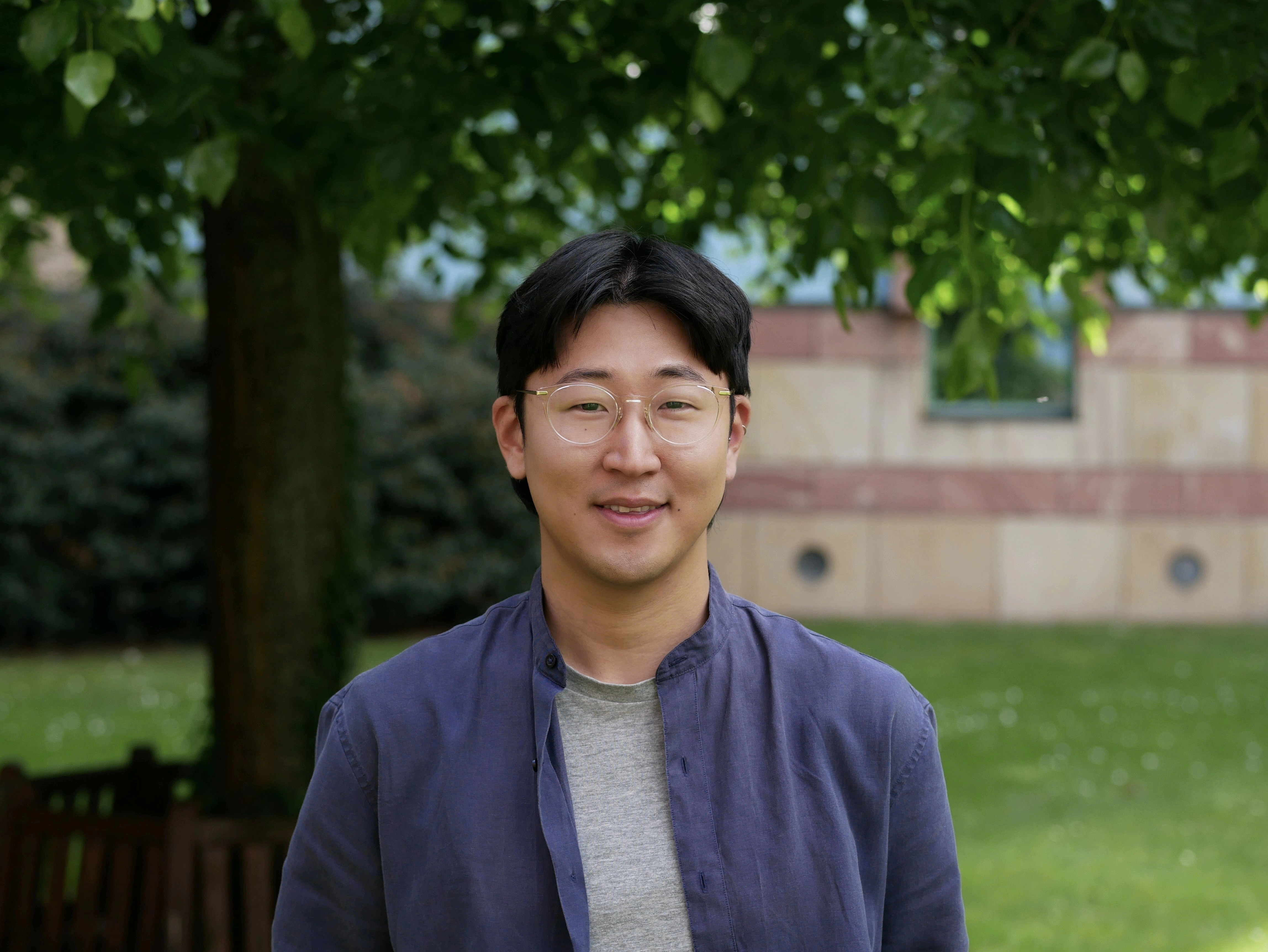
Tae Kyeong Meixner-Yun
Tae Kyeong Meixner-Yun is a Postdoctoral Research Fellow at the Berlin Social Science Center (WZB). His research interests include migration and integration, digitalisation, social status, and social networks. He is currently researching how spatial dynamics influence the integration of refugees in Germany.
Erwanghao (Derek) Yu
Derek Yu is a PhD candidate in the Strategy Group at Bayes Business School. His research examines valuation and classification processes in cultural markets during periods of institutional transformation, focusing on art auctions, early modern art exhibitions, and theater production. He employs computational methods, including causal inference, network analysis, and text analysis to understand how markets evolve and reorganize.
Eric Ngo
Tu ‘Eric’ Ngo is a PhD candidate in political science at the University of Iowa. His research interests lie in using computational tools to investigate the interplay between domestic politics and international conflict. His dissertation examines how political elite networks shape factional dynamics that determine foreign and security policies of authoritarian regimes. Methodologically, this research aims to fine tune large language models (LLMs) to extract information about elites and their connections from text data. Such extracted information will be used to construct a novel cross-national dataset on political elite networks.Zheng Fu
Zheng is a Ph.D. student in the Sociology Department at the University of Arizona. Her research interests span sociology of knowledge/science, organizational studies, and network analysis. Currently, she is investigating diffusion patterns and resistance in science and new technologies. Additionally, she is keen on integrating spatial analysis into her research.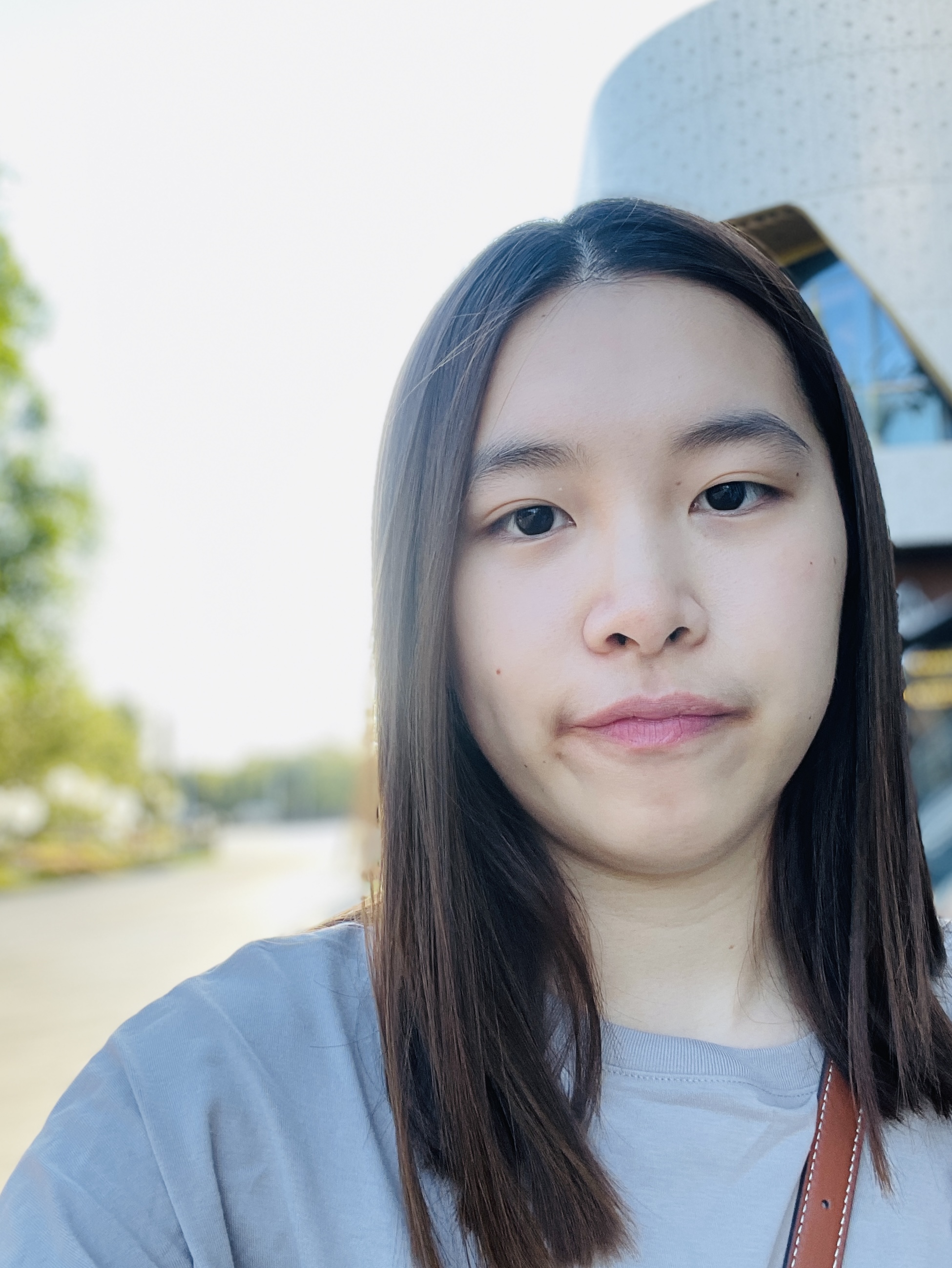
Yunting Xie
Yunting Xie is a PhD student in Business History at Uppsala University. Her background is in global history and digital humanities. Her research employs digital methods to explore 20th-century Swedish patent history within a global context.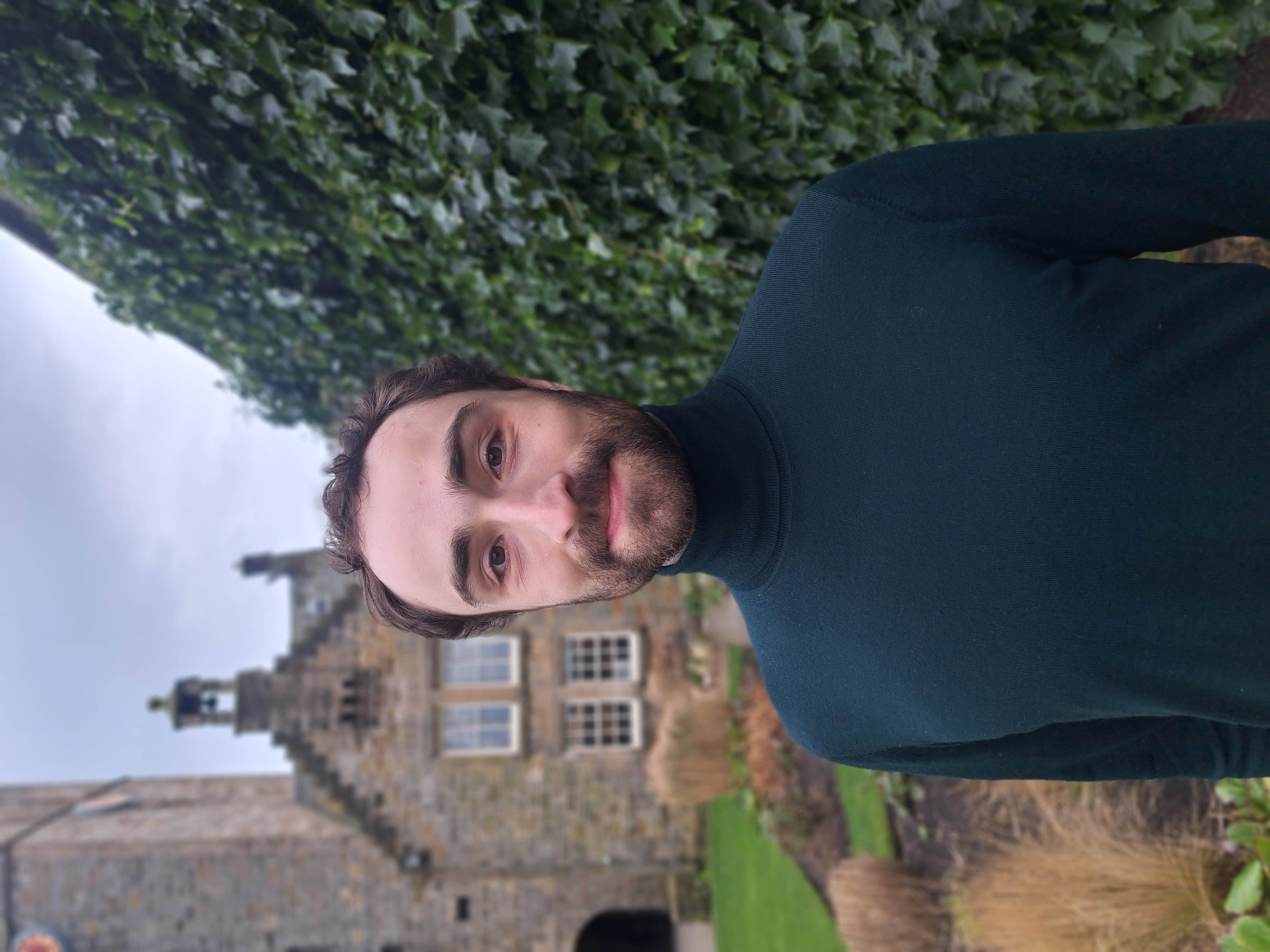
Leon Klingborg
I study social dynamics and their consequences using mathematical modelling. In my role as a PhD student in mathematics and psychology at the University of St Andrews, I focus on understanding opinion formation from interactions on social media and on how to promote constructive digital discourse.